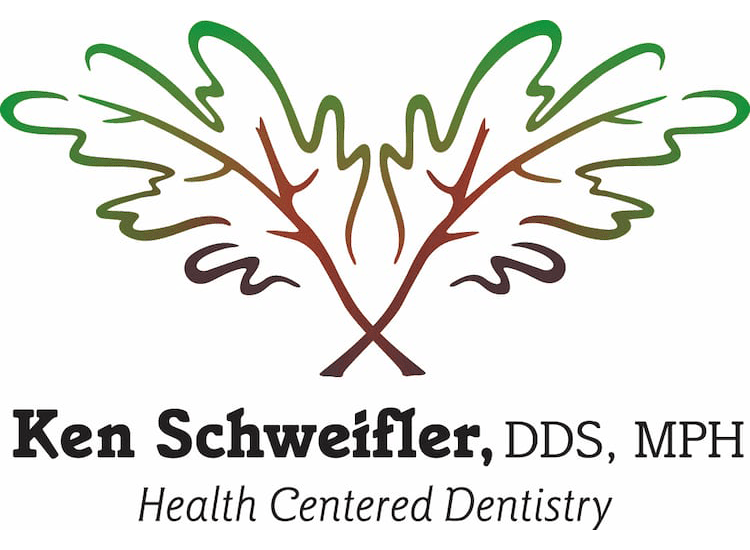Most of us will suffer a cavity at least once in our lives. These early stages of tooth decay occur when natural oral bacteria eat a hole in our tooth enamel. Weakened dental structure makes us vulnerable to tooth decay.
But a dentist can spot early signs of decay before we form a cavity. So if you develop decay, you can take action to reverse it before it progresses into a cavity that will require intervention from a dentist to eradicate.
You will need to continue good at-home habits to promote good oral health, but you can engage in extra steps to beat back tooth decay. Read on to learn three ways that you can stop tooth decay, prevent cavities, and preserve your smile.

Cut Acidic Substances from Your Diet
One of the primary ways people may weaken or thin their enamel is through the foods and drinks they consume. Acidic substances in these foods will erode the enamel as you eat them. And once gone, enamel does not regenerate, leaving behind weak spots where bacteria can wreak havoc.
So you may want to pay attention to your diet to make sure you do not eat too many of these types of foods that could seriously hurt your teeth. Citrus fruits and juices have high acidity levels. And sugar turns acidic when it reacts with your saliva, hence its reputation for harming your smile.
Tobacco products also contain acid that could eat away at your dental structure. So steer clear of smoking and chewing these items. You can talk to your dentist about nutrition and food items that could both help and harm your oral health.
Practice Proper Oral Hygiene
Oral bacteria form a film over your teeth throughout the day called plaque. Plaque will eat away at your teeth if you do not remove it from your smile in a timely fashion, which is why we practice oral hygiene.
Brushing your teeth at least twice a day and flossing each day will get rid of harmful plaque before it significantly weakens your teeth. If you skip this oral hygiene regimen, plaque has time to hurt your smile and make it at risk of cavities and other dental dangers.
So make sure you stay consistent with at-home oral health care. Use thorough and purposeful techniques as you clean your teeth as well. And visit your dentist for regular teeth cleanings too to maximize oral hygiene.
Consider Fluoride Treatment
Your dentist can provide preventative dental care in their office to help you reverse tooth decay before it seriously hurts your smile. One method a dentist may suggest is fluoride treatment.
Fluoride is a naturally occurring mineral that absorbs into teeth when you consume it and strengthens the enamel. This can make the teeth better able to resist cavities.
So a dentist can apply a fluoride gel, paste, or rinse to the teeth in their office which will protect your teeth against decay. Ask your dentist about this treatment and more preventive dentistry at your next appointment.
